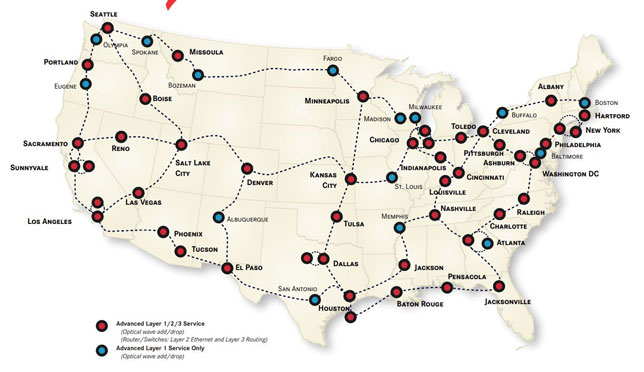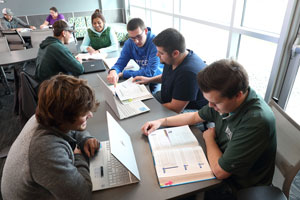An Historically Black University has chosen to upgrade its wireless networking capacity through a managed service. Founded in 1875, Alabama Agricultural and Mechanical University recently announced that it had selected Apogee to implement a new high-speed WiFi network in its four colleges and at a 972-acre off-campus agricultural research station.
The Utah Education & Telehealth Network, which connects the state's K-12 schools, colleges and universities, public libraries and healthcare providers, is forging ahead with plans to set up a private LTE network to address the digital divide.
St. Mary's University in Texas has partnered with Spectrum Enterprise to establish the institution's new Spectrum Esports Arena and power it with a dedicated Fiber Internet Access circuit.
On the horizon for 2021, 10G offers the promise of delivering 10 times the current most prevalent maximum speeds offered to consumers.
A three-page brief from thinktank MDRC recapped a number of "rapid adaptations" educators are making to address the unique challenges faced by rural populations — especially now, when schools are delivering courses remotely.

The nonprofit high-speed internet community that is Internet2 has struck an agreement with Cisco to build out its research and education infrastructure using technology from the company. The alliance between the two organizations is part of a "next-generation infrastructure" initiative at Internet2, begun to provide support specifically for data-intensive research projects.
Houston Baptist University is revamping its residential network to ensure students can connect to their online classes as they follow social distancing requirements in their dorms.

Refer your college students to these services to help them keep up with school work.
Students at Gannon University can now receive industry certification in networking technology as they complete their coursework, thanks to a partnership with Extreme Networks.

South Dakota's Mitchell Technical Institute recently rolled out a new WiFi network to enable collaboration and meet the expectations of students and faculty.